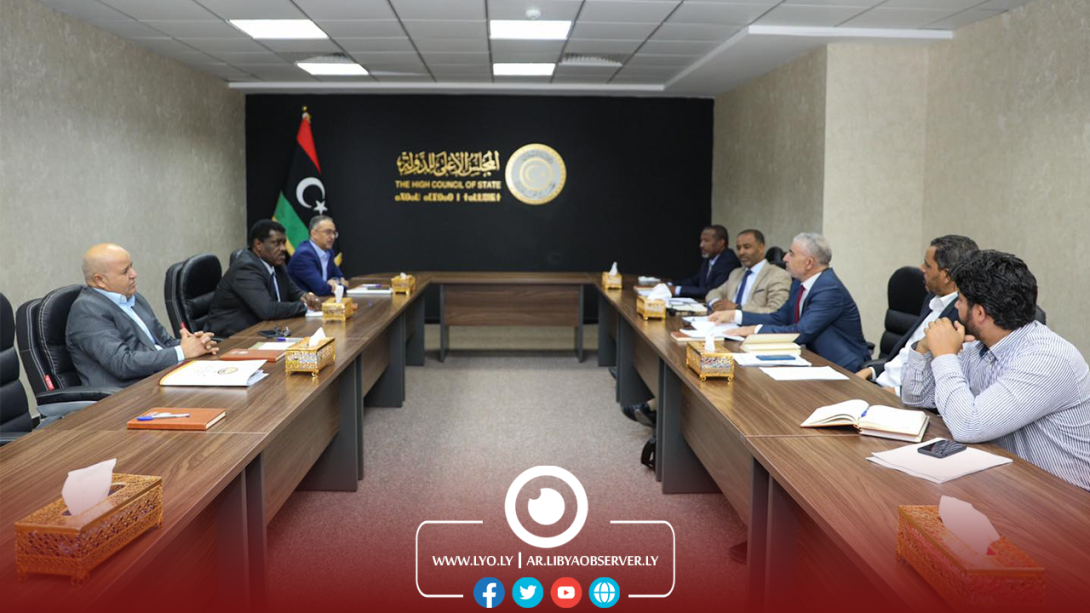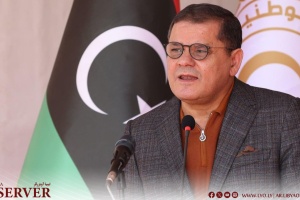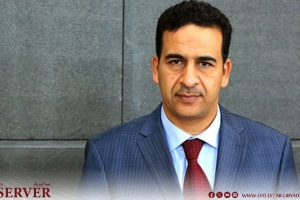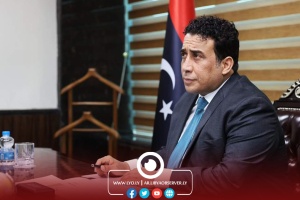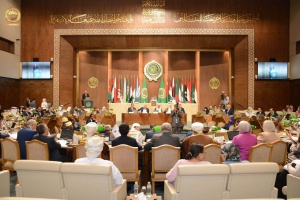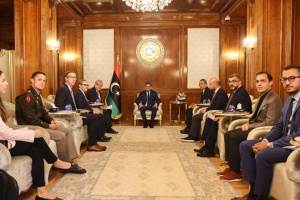The 6+6 Joint Committee said that the amendments it made to the outcomes of Bouznika meetings were technical, and didn't affect the basic articles in the two draft election laws, adding that it indicated in its final report that was no constitutional restriction preventing amendments to the laws after they were signed in Bouznika, especially since that draft was not published in the Official Gazette.
The Committee said that the approved draft of its work outcomes was the one that was signed by a quorum exceeding the legal one at the House of Representatives (HoR), at its meeting in Benghazi, after including remarks that did not affect the essence of the agreement. It added that the obligation to hold two rounds of presidential elections was adopted as a compromise on the issue of dual nationalities, noting that this point had previously caused the national dialogue to stop for more than two years.
The Committee added that renouncing dual citizenship status has become binding for all candidates before heading to the second round of the presidential elections, "and that this solution dispels the fears of all parties." It indicated that holding simultaneous presidential and parliamentary elections came in implementation of the 13th Constitutional Declaration Amendment, adding that "this amendment was widely welcomed locally and internationally."
The Committee also indicated that the adoption of mandatory elections was also due to a previous agreement among the local parties in the Constitutional Track Dialogue, which took place in Egypt under the supervision of the UN mission. It explained that the simultaneous holding of elections came to address fears of the failure of the presidential elections, after ensuring the holding of the National Assembly elections.
The High Council of State announced its adherence to the outcomes of the Committee's meetings in Bouznika and its rejection of the amendments that were added to it and approved by the HoR.

